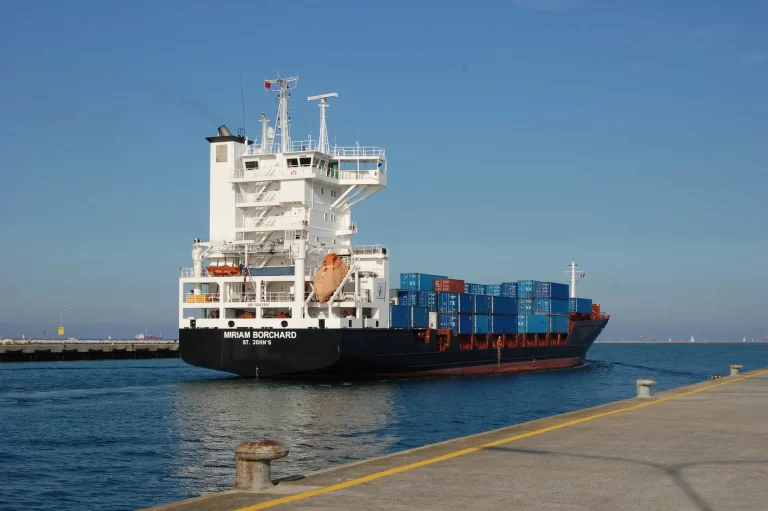Streamlining Success: How E-Commerce Shipping Applications Enhance Retail Efficiency
Efficiency in logistics and delivery has evolved into a major determinant of online shop success in the fast-paced e-commerce scene of today. Customer expectations change, and demand for dependable and fast shipping options has grown. Applications for e-commerce shipping are rather important for optimizing retail efficiency, simplifying logistics, and guaranteeing consumer happiness. In the e-commerce context, this paper investigates how these tools change cargo forwarding, courier operations, and shipping services.
Optimizing Logistics Operations
E-commerce shipping solutions automate and streamline certain shipping procedures, hence optimizing logistics operations. Through a consolidated platform, retailers can readily handle refunds, track shipments, and manage orders. Integrating these tools with their current systems would let companies have better awareness of their supply chain, therefore enabling wiser decision-making. Real-time tracking features, for instance, let stores track shipment status and provide consumers quick information.
Enhancing Courier Services
For the last-mile delivery—which usually poses the toughest difficulties in e-commerce logistics—courier services are very essential. Shipping systems help couriers to maximize delivery paths and timetable management, therefore enabling more effective operation. These uses include examining traffic patterns, weather conditions, and delivery time windows using sophisticated algorithms to identify the most effective paths for vehicles.

Furthermore, included in many of these programs is electronic proof of delivery (POD), which lets couriers record signatures and offer immediate delivery confirmation. This capacity guarantees correct and timely delivery, therefore enhancing customer happiness as well as responsibility.
Streamlining Freight Forwarding
Applications of shipping help freight forwarders much as well. These programs lower the administrative load related to international shipment by automating documentation and paperwork procedures. Digital goods forwarding and customs clearance simplify processes so forwarders may better handle shipments and follow rules.
Cost Efficiency and Scalability
The possibility for cost reductions is among the most important benefits of e-commerce shipping technologies. Reducing manual procedures and streamlining logistics can help companies cut running expenses and increase profitability. These programs also provide scalability, which lets stores change their delivery plans as their company expands. Shipping solutions give the flexibility required to satisfy changing consumer expectations, whether managing seasonal demand surges or entering new markets.
Shipping solutions are indispensable instruments for improving retail logistics performance. These uses help stores satisfy the increasing needs of the e-commerce scene by maximizing operations, enhancing courier services, and simplifying goods shipping. Investing in strong shipping solutions will be essential to remain competitive and guarantee long-term success in the fast-changing industry as companies keep embracing technology improvements.








